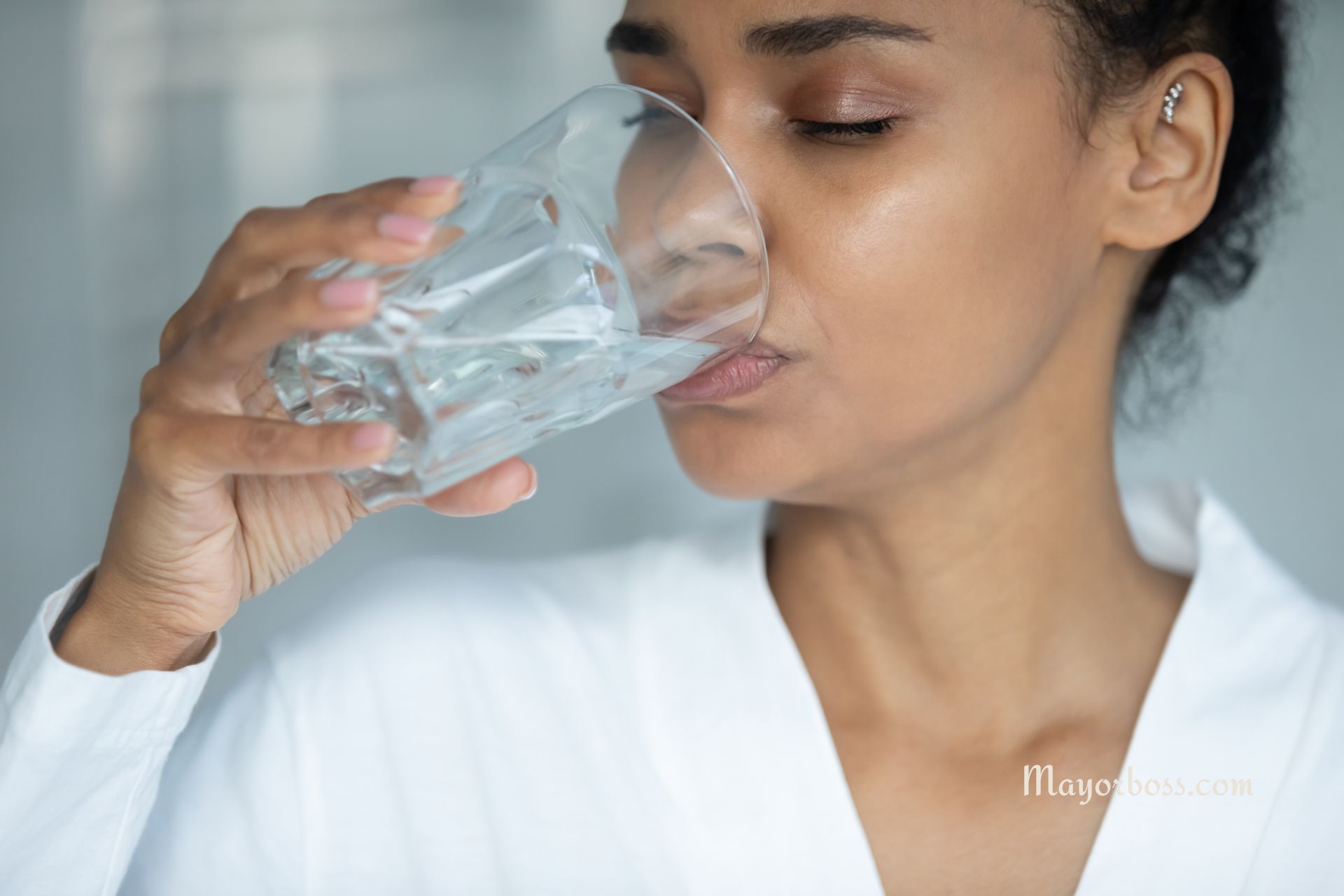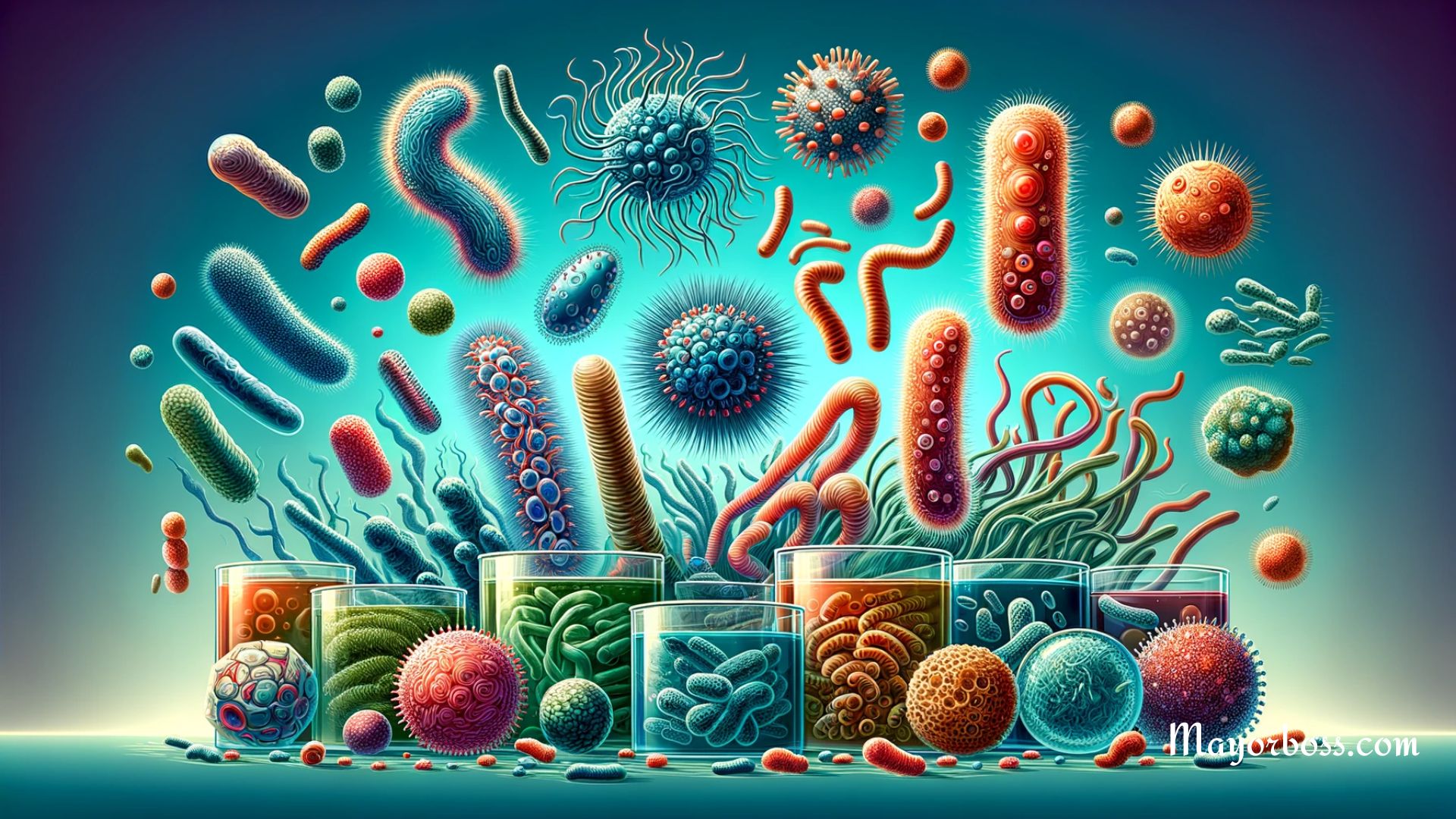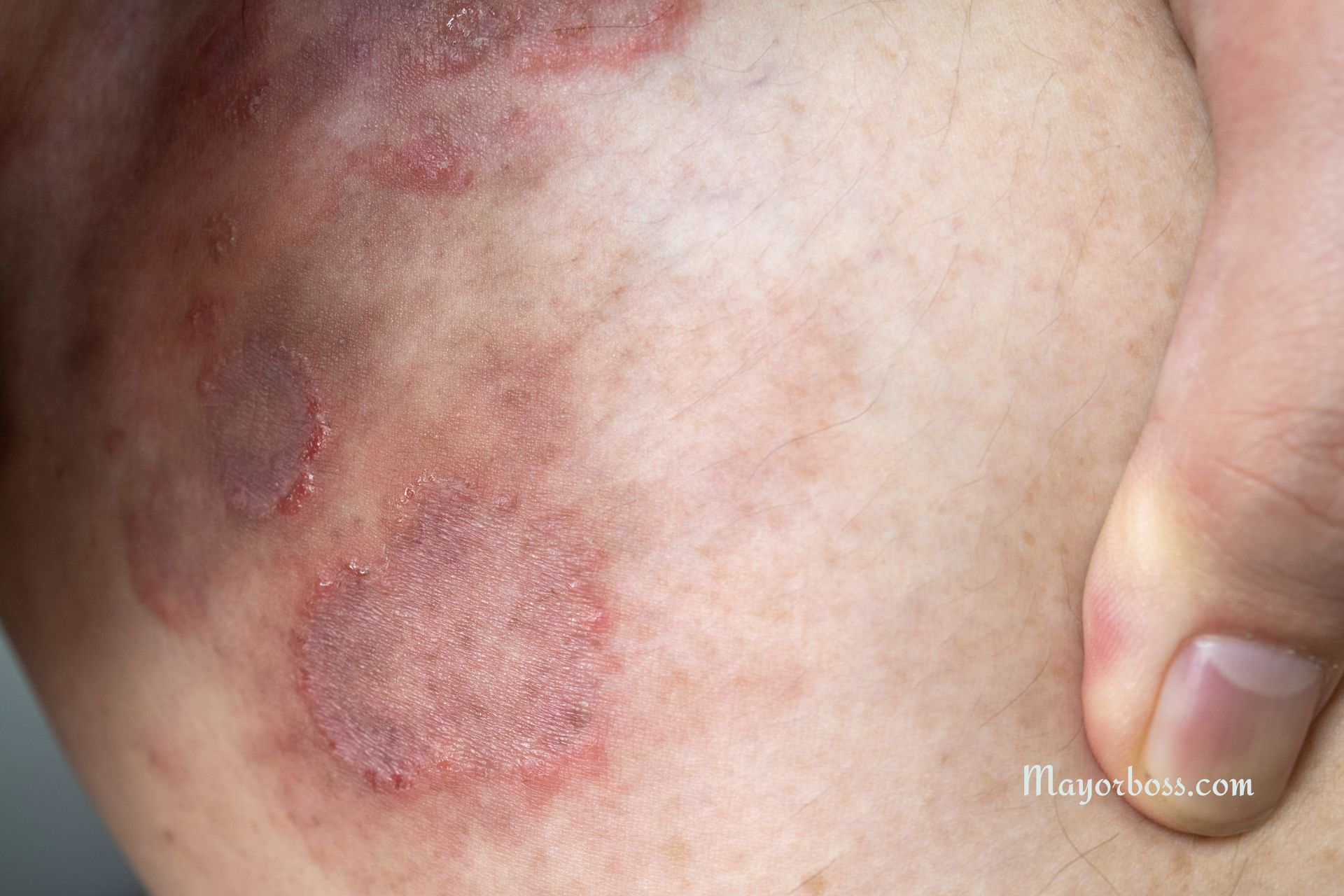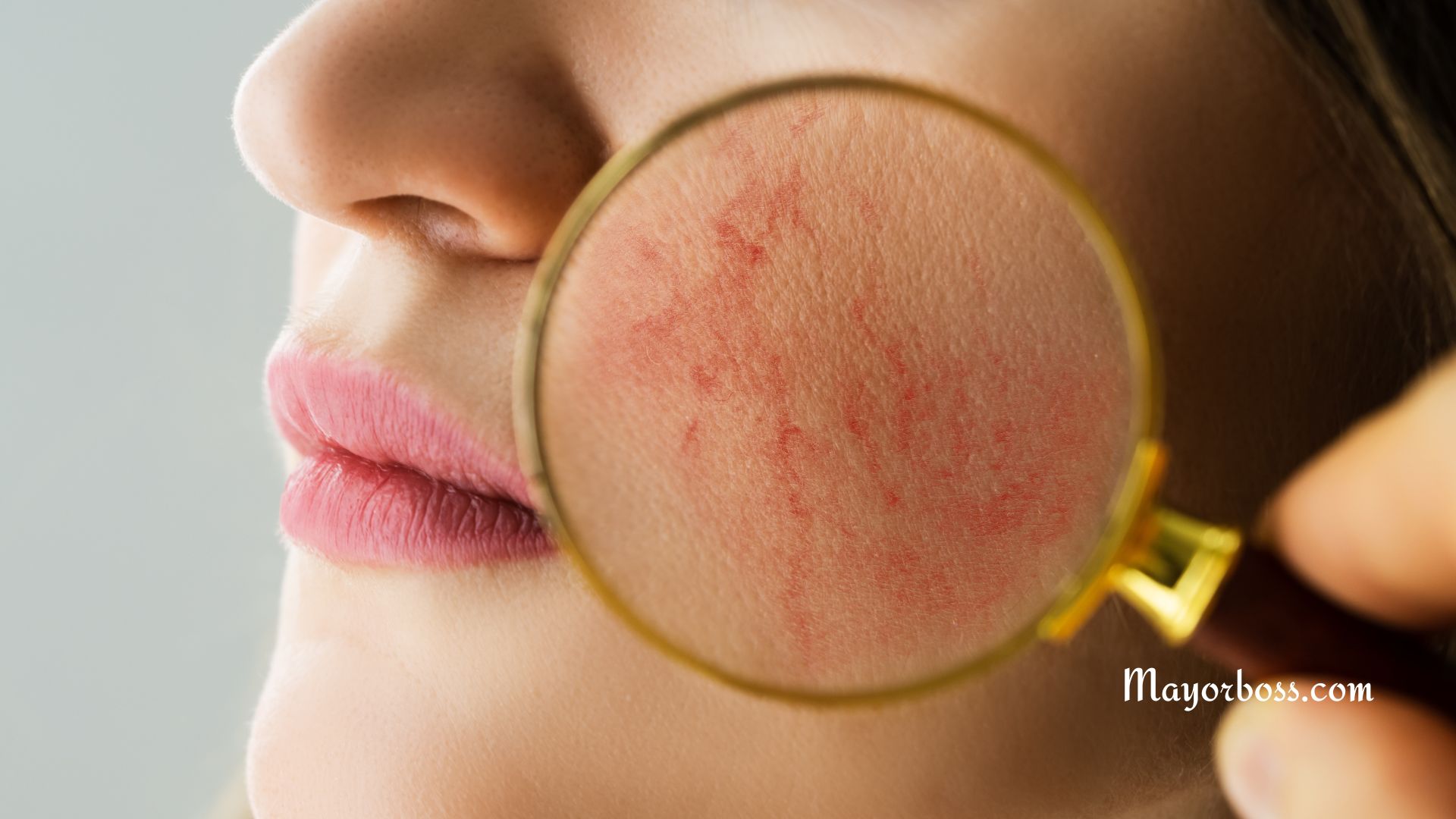How To Get Rid Of Water Retention
Water retention, or edema, is the swelling of tissues due to excess water accumulation. It can happen for a variety of reasons, such as sitting or standing for a long time, eating too much salt, PMS, and even pregnancy. While it’s not usually a serious condition, water retention can be uncomfortable and can make you feel self-conscious.
How can I get rid of water retention quickly?
Many men and women have problems with water retention. Here are a few tips for getting rid of it fast.
1. Drink more water
Sounds counterintuitive, right? However, dehydration is one of the leading causes of water retention. When your body doesn’t have enough water, it tries to hold on to what little it does have, leading to that puffy feeling. Aim for 8 to 12 glasses a day, and you’ll start seeing results in no time.
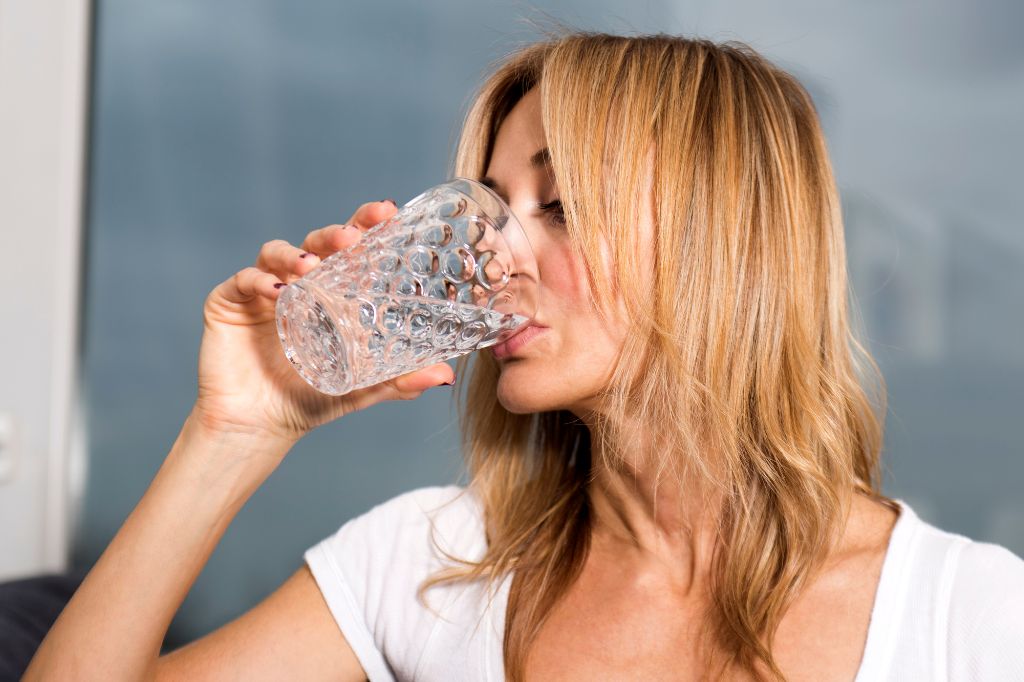
2. Eat more potassium-rich foods
Potassium is a natural diuretic, which means it helps promote urination and ease water retention. Some of my favorite potassium-rich foods include bananas, sweet potatoes, tomatoes, avocados, leafy greens, and beans. So load up on these foods when you’re feeling swollen. You’ll be glad you did!
3. Limit your salt intake
Eating too much salt can cause your body to retain water to balance out the high sodium levels in your bloodstream. To avoid this from happening, limit your salt intake and opt for foods that are low in sodium instead. You should also avoid processed foods as much as possible since they tend to be high in salt content.
ALSO READ: How Do You Know If You’re Eating Too Much Salt?
4. Eat diuretic foods
Asparagus, cranberries, celery, garlic, watermelon, bananas, parsley, and dandelion are all considered diuretic foods. They help promote urination and help get rid of water retention.
5. Reduce your carb intake
Foods that are high in carbohydrates can cause your body to retain water. So, if you’re trying to get rid of water retention, cut back on bread, pasta, rice, and other starchy foods. Instead, focus on eating plenty of fruits, vegetables, and lean protein
6. Get moving
Regular exercise is one of the best ways to get rid of water retention. Moving your body helps increase circulation and lymphatic flow. This helps flush out excess fluid from your system. A moderate amount of activity is all you need; 30 minutes per day should do the trick.
7. Wear loose-fitting clothes
If you are retaining fluid, wearing tight clothing will only make the problem worse. This is because the clothing will restrict blood circulation, which in turn will cause more swelling. Instead, opt for loose-fitting clothes that won’t constrict your movements or cut off your circulation.
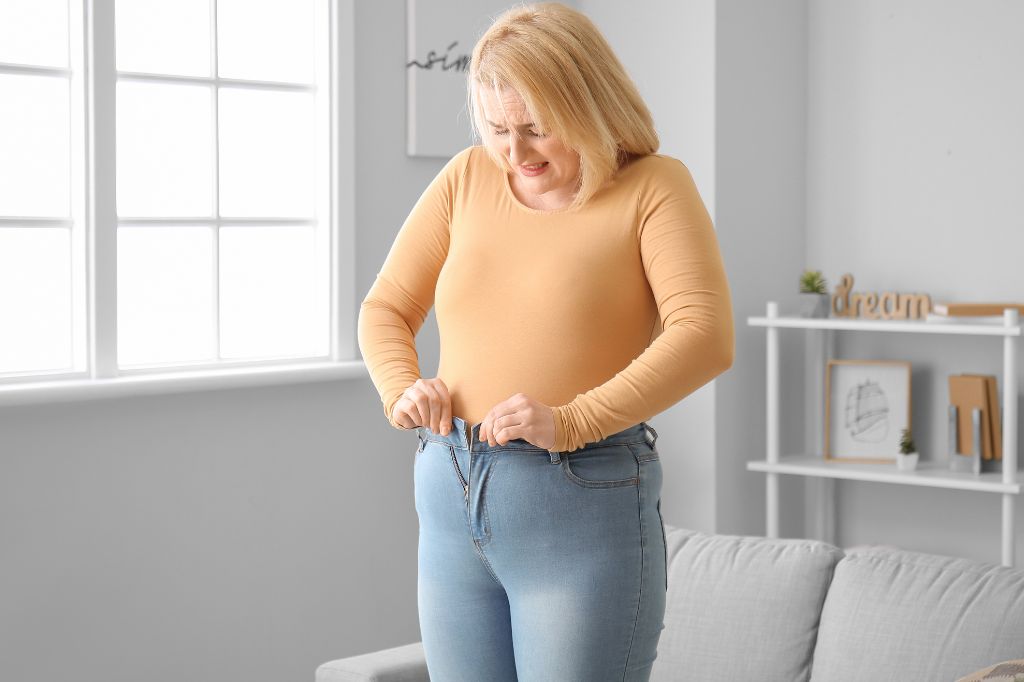
8. Elevate your feet
When gravity pulls fluid down into your legs and feet, it can cause swelling and discomfort. To combat this, try to elevate your feet whenever possible, especially when you’ve been standing or sitting for a long time. If you can’t put your feet up, prop them up on a few pillows or blankets to help reduce swelling.
ALSO READ: 11 Reasons Why You Have Swollen Feet, Ankles or Legs
Frequently Asked Questions:
Will water retention go away on its own?
In most cases, yes. Water retention is usually not a serious condition and will resolve itself within a few days. However, if you are experiencing severe or persistent swelling, it’s best to consult a doctor to rule out any underlying medical conditions.
Is fluid retention permanent?
No, water retention is not permanent. It goes away after a while, but if you have a chronic condition that causes fluid retention, such as heart failure or kidney disease, you may need to take measures to manage the condition long-term.
What causes water retention during pregnancy?
During pregnancy, the body produces more hormones, which can lead to fluid retention. Additionally, the growing uterus puts pressure on the veins and lymphatic system, which can also cause swelling.
How long does it take for water retention to go away?
It depends on the underlying cause. In most cases, water retention will resolve itself within a few days. However, if the cause is more serious, it may take longer for the swelling to subside.
What pill helps with water retention?
Hydrochlorothiazide is a diuretic that helps promote urination and reduce water retention. This medication is available by prescription only. Consult with your doctor to see if hydrochlorothiazide is right for you.
What are the symptoms of water retention?
Common symptoms of water retention include swelling, bloating, and puffiness. The skin may also feel tight or stretched. In severe cases, the swelling can lead to difficulty breathing or walking.
How do I know if I’m retaining water or fat?
To check if you’re experiencing water retention, push on your skin with your finger or thumb. If the skin remains indented, that’s a sign of water retention. On the other hand, if the skin bounces back immediately, that’s a sign of fat.
Learn More: 5 Signs That Your Body May Be Retaining Water
Conclusion
Drink plenty of water throughout the day, eat potassium-rich foods, limit your salt intake, and try natural diuretics to get rid of water retention. Remember, if you have any concerns about water retention, be sure to talk to your doctor.
ALSO READ: Foods to Reduce Water Retention

